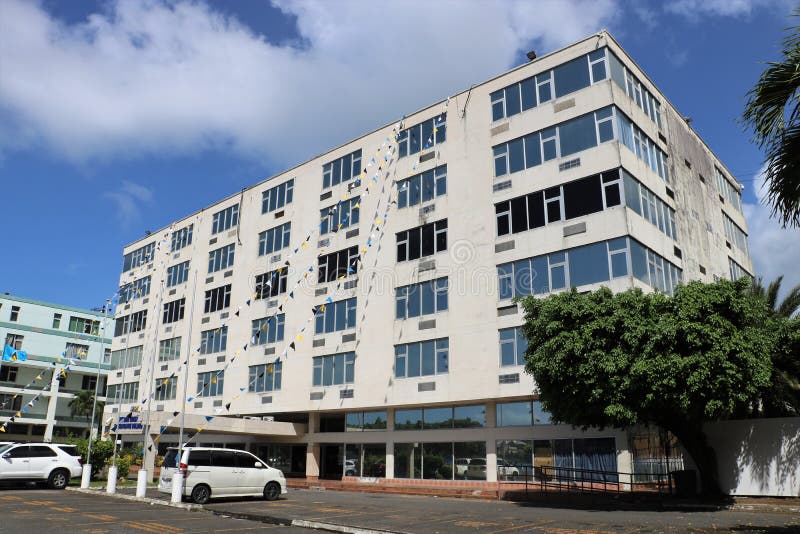Last week, Saint Lucia’s Prime Minister Philip J. Pierre announced the dissolution of Parliament, invoking Section 55(4) of the Constitution. This move, which paves the way for a general election, sparked debates over the authority of Deputy Prime Minister Ernest Hilaire, who subsequently issued ministerial statements. Critics questioned the legitimacy of his actions, arguing that the executive branch had effectively ceased to exist with the dissolution. However, this interpretation is a misconception rooted in a misunderstanding of the constitutional framework. The Constitution of Saint Lucia remains the supreme law, and its provisions ensure the continuity of government functions during such transitional periods. The dissolution of Parliament, as outlined in Section 40, halts legislative activities but does not dismantle the executive branch. Ministers, including the Prime Minister, retain their roles under the ‘caretaker’ convention, ensuring the day-to-day governance of the country. The Governor General, while vested with executive authority, typically acts on the advice of the Prime Minister, reflecting Westminster conventions. This constitutional continuity allows ministers to exercise their powers until the new Parliament convenes. The debate over the legitimacy of initiatives like the VAT-free holiday and the St. Jude Hospital ceremony during this period is thus unfounded. The Constitution, supported by legal precedents and conventions, provides a clear framework for governance during dissolution, ensuring stability and continuity in Saint Lucia’s democratic processes.
OPINION: Why Saint Lucia’s ministers still hold power – and why the constitution says they should
